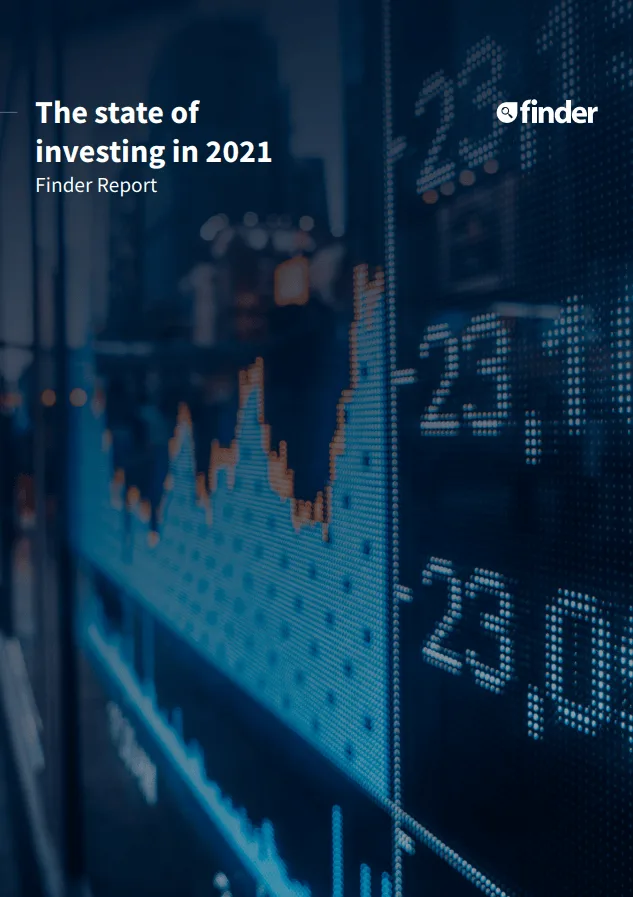The state of investing in 2021
 2020 was a difficult year for Australians. The global pandemic was followed by a crippling recession. While low interest rates have saved consumers from insurmountable debt, they have also made it near impossible to make money through regular savings accounts. Instead, Australians are increasingly turning to investment assets – including shares, property, micro-investing apps and superannuation – to build wealth and secure their financial futures.
2020 was a difficult year for Australians. The global pandemic was followed by a crippling recession. While low interest rates have saved consumers from insurmountable debt, they have also made it near impossible to make money through regular savings accounts. Instead, Australians are increasingly turning to investment assets – including shares, property, micro-investing apps and superannuation – to build wealth and secure their financial futures.
The state of investing in 2021 explores the investing outlook for the year ahead. It discusses how the different asset classes will continue to respond as the economy recovers and provides an analysis of the short-term and long-term impacts of the current economic environment on asset performance. This report is based on data from Finder's Consumer Sentiment Tracker, as well as analysis of third-party resources.
Key findings
- Australians invest less than Americans and Brits, but the pandemic has pushed more Australians towards shares
- The stock market is returning to its pre-coronavirus growth trajectory but will likely remain volatile over the next year
- How the top-performing stocks of 2015 are faring today
- Property prices have persisted, but investor profitability continues to be impacted by subdued rental growth
- Micro-investing platforms are exploding in popularity, particularly for younger generations
- Australians are taking advantage of additional super contributions and showing a growing interest in ethical super funds
Click here to download the full report.
Ask a question
More guides on Finder
-
Which asset classes deliver the best returns in 2022?
Australians are turning towards alternatives to bank accounts as a way to fight low interest rates and growing inflation.
-
Investment Finder YouTube channel
Investment topics made easy with Kylie Purcell.
-
Peer to peer (P2P) lending for investors in Australia
This ultimate guide to peer-to-peer lending will help you decide if it’s as risky as it might seem.
